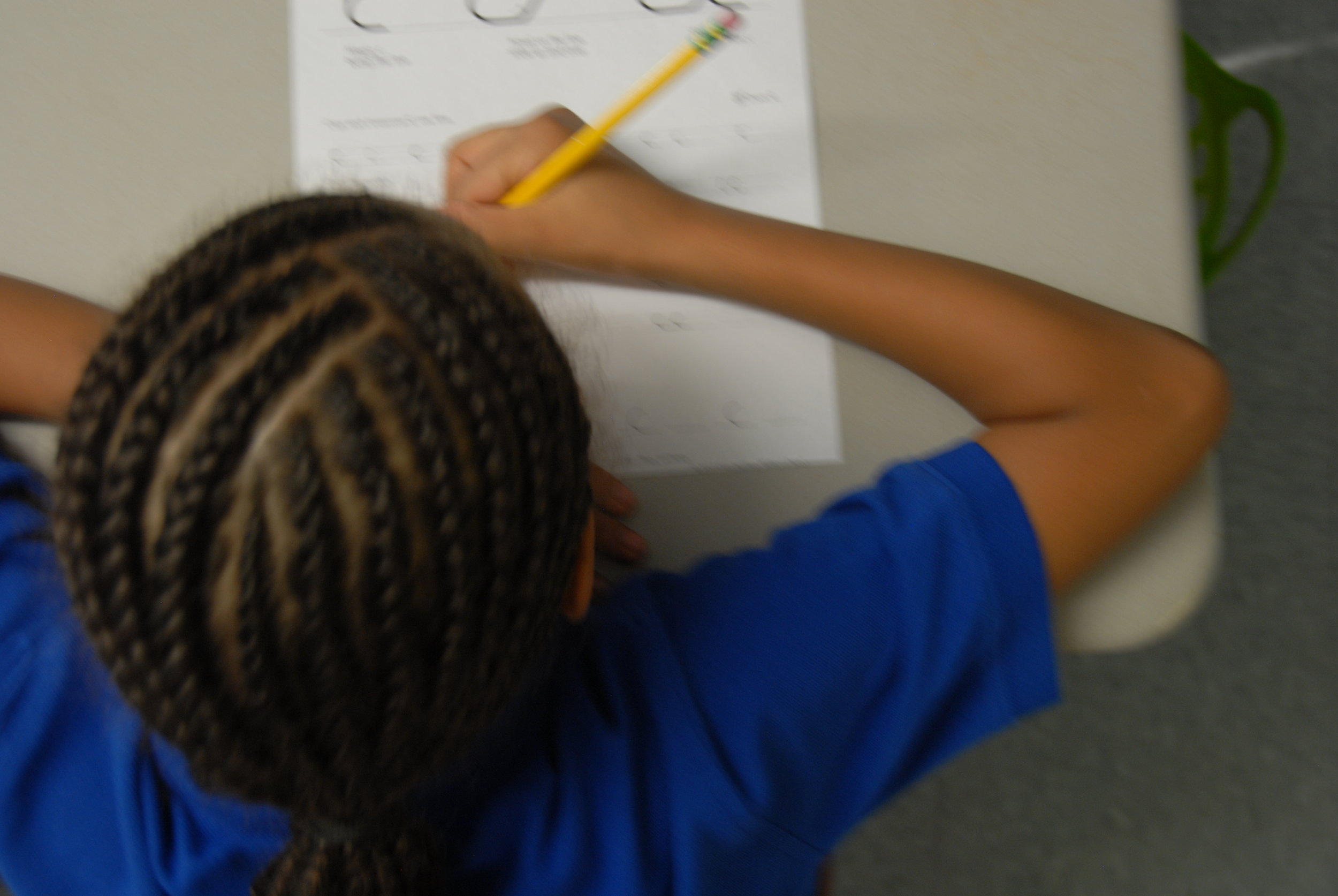Happy or Proficient?
 Our good friend and UTL president Paul Georges shared this article with me this morning: "Is a good teacher one who makes kids happy or one who raises test scores". If you read nothing else in this post, migrate to EdWeek and read that article.For educators, this is the question above all questions because doing one thing does not necessarily compliment the other. According to the EdWeek article, a recent study found that, on average, a teacher who managed to raise test scores was worse at making students happy. Here's the study from David Blazar in MIT Press- read it and weep.Over the course of my career, I have been an MCAS test administrator (admittedly only for the "legacy" version - whatever that descriptor means). I've felt the dichotomy of creating a positive and joyful learning environment for 3rd and 4th grade students and the pressure of removing high stakes testing monkey from our backs. Don't forget the weeks of "preparation".I have no great love or respect for high stakes testing nor for the value of high stakes testing. It did not inform my teaching in a timely manner as the results from the Spring arrive on a teacher's desk in October. How helpful is that?What testing in the era of No Child Left Behind and its successors does accomplish is the creation of a toxic and stressful environment for everyone. The joy of learning and exploring is sucked right out of the room; curricula are narrowed and teachable moments left in the dust.Of course in a perfect world teachers could just not worry about test scores. The reality, however, is far more harsh and possibly devastating. Agree with it or not, state Departments of Education (including our own here in Massachusetts), periodically attempt to tie student high-stakes test results to teacher evaluations. So far, thankfully, that effort in Massachusetts has failed.Kids and teachers are more than a number. Isn't it time schools used other measures beyond a test to evaluate learning and schools?
Our good friend and UTL president Paul Georges shared this article with me this morning: "Is a good teacher one who makes kids happy or one who raises test scores". If you read nothing else in this post, migrate to EdWeek and read that article.For educators, this is the question above all questions because doing one thing does not necessarily compliment the other. According to the EdWeek article, a recent study found that, on average, a teacher who managed to raise test scores was worse at making students happy. Here's the study from David Blazar in MIT Press- read it and weep.Over the course of my career, I have been an MCAS test administrator (admittedly only for the "legacy" version - whatever that descriptor means). I've felt the dichotomy of creating a positive and joyful learning environment for 3rd and 4th grade students and the pressure of removing high stakes testing monkey from our backs. Don't forget the weeks of "preparation".I have no great love or respect for high stakes testing nor for the value of high stakes testing. It did not inform my teaching in a timely manner as the results from the Spring arrive on a teacher's desk in October. How helpful is that?What testing in the era of No Child Left Behind and its successors does accomplish is the creation of a toxic and stressful environment for everyone. The joy of learning and exploring is sucked right out of the room; curricula are narrowed and teachable moments left in the dust.Of course in a perfect world teachers could just not worry about test scores. The reality, however, is far more harsh and possibly devastating. Agree with it or not, state Departments of Education (including our own here in Massachusetts), periodically attempt to tie student high-stakes test results to teacher evaluations. So far, thankfully, that effort in Massachusetts has failed.Kids and teachers are more than a number. Isn't it time schools used other measures beyond a test to evaluate learning and schools?
